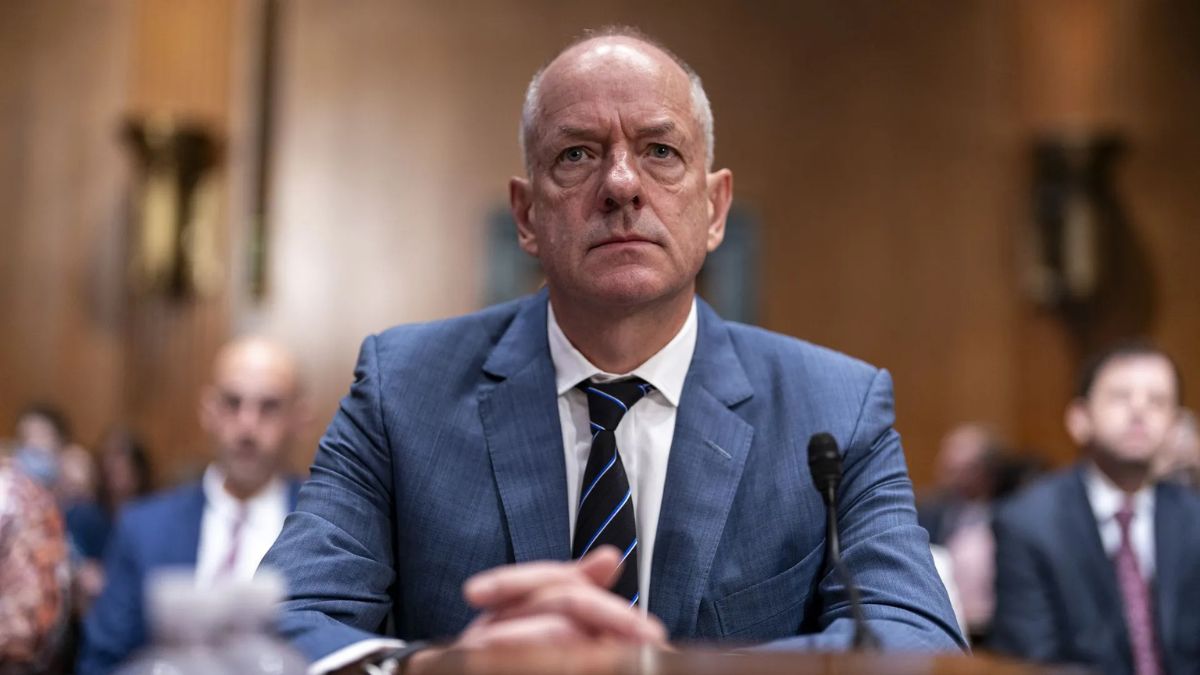The healthcare industry was rocked by news of a major shake-up at UnitedHealth Group, one of the largest health insurers in the United States. The company announced the sudden departure of its CEO, Andrew Witty, and simultaneously suspended its financial forecast for 2025. These developments have sent ripples through the market, raising questions about the company’s future direction and the broader healthcare landscape.
A Surprising Leadership Transition
Andrew Witty’s exit as CEO came as a shock to investors and industry observers. Having led UnitedHealth Group through a period of significant growth, Andrew Witty’s departure was unexpected, especially given the lack of prior indication. While the company has not disclosed specific reasons, speculation points to mounting pressures from rising medical costs and ongoing legal challenges, including lawsuits from shareholders.
The abrupt nature of the announcement has fueled uncertainty about who will step into the role and how they will navigate the complex challenges facing the organization. Leadership transitions at this scale often signal deeper strategic shifts, and stakeholders are keenly watching for clues about UnitedHealth’s next moves.
Suspending the 2025 Forecast
In tandem with Andrew Witty’s departure, UnitedHealth Group made the bold decision to suspend its annual financial forecast for 2025. This move is rare for a company of its stature and reflects significant uncertainty in its financial outlook. The decision is largely attributed to soaring medical costs, which have strained the company’s profitability. By halting its forecast, UnitedHealth is signaling caution, likely to avoid committing to projections it may not meet.

This development has heightened concerns among investors, as it suggests potential challenges in maintaining the company’s historically strong performance. The suspension also underscores the broader pressures facing the healthcare industry, where rising costs are squeezing margins.
Market Reaction and Industry Implications
The announcement triggered an immediate reaction in the stock market, with UnitedHealth’s shares plummeting by nearly 11% in premarket trading. This sharp decline reflects investor unease about the company’s stability and future profitability. The ripple effects extended to competitors like CVS, which also faced downward pressure, indicating broader concerns about the health insurance sector.
The combination of a leadership void and financial uncertainty could prompt UnitedHealth to reassess its strategies, potentially impacting pricing, coverage, and innovation. For the healthcare industry, these events highlight the challenges of balancing rising costs with affordable care, a tension that may shape policy and competition in the coming years.
Looking Ahead
The dual announcements of Andrew Witty’s departure and the suspension of UnitedHealth Group’s 2025 forecast mark a pivotal moment for the company. As it navigates this period of transition, the healthcare giant faces the challenge of restoring investor confidence while addressing systemic industry pressures.
CBSE Topper List 2025: Meet the Brightest Minds of India
The coming months will be critical in determining how UnitedHealth adapts to these changes and whether it can maintain its position as a leader in the sector. For now, the industry watches closely, aware that the outcomes could redefine the landscape of American healthcare.
I am Oliver, I am working on WordPress for six years, I have knowledge of most of the tools and plugins of WordPress, apart from this I started with content writing on WordPress.

